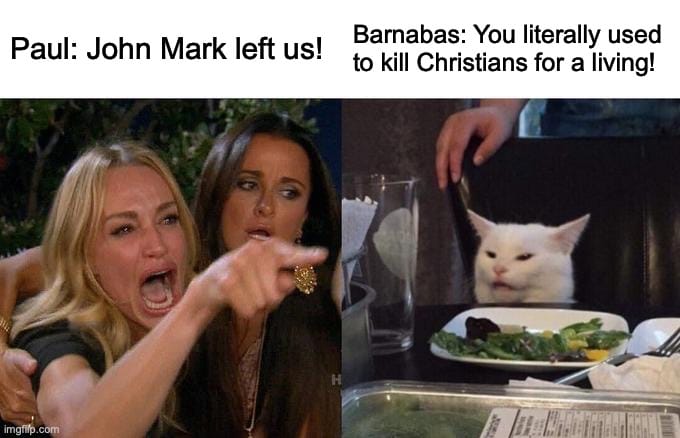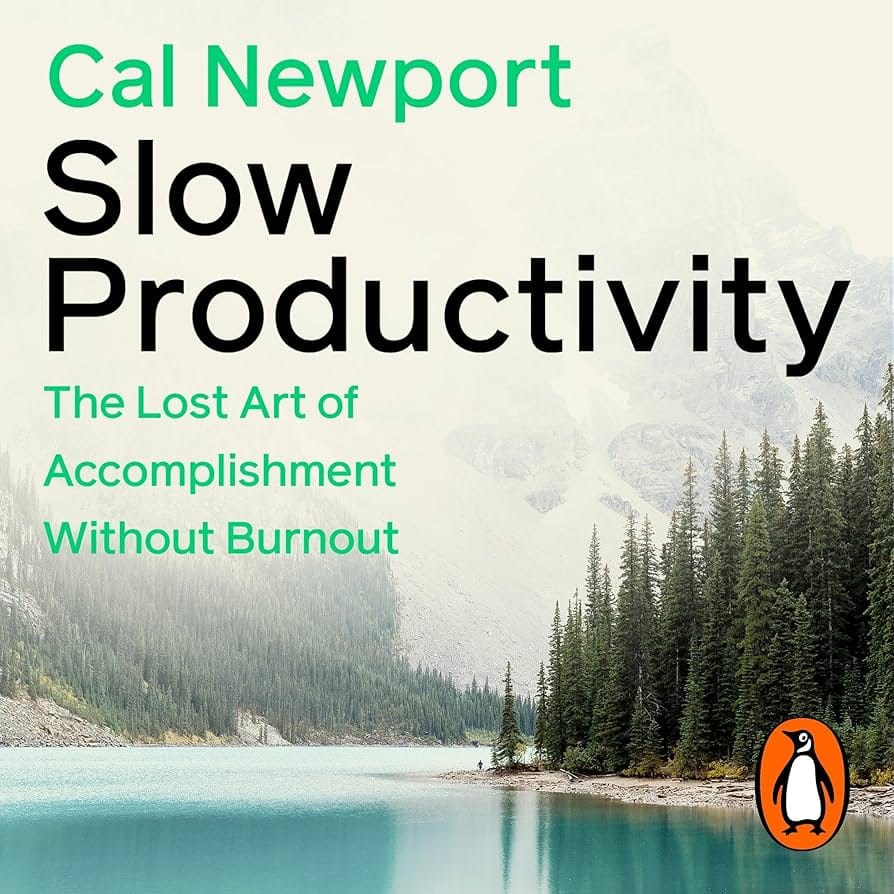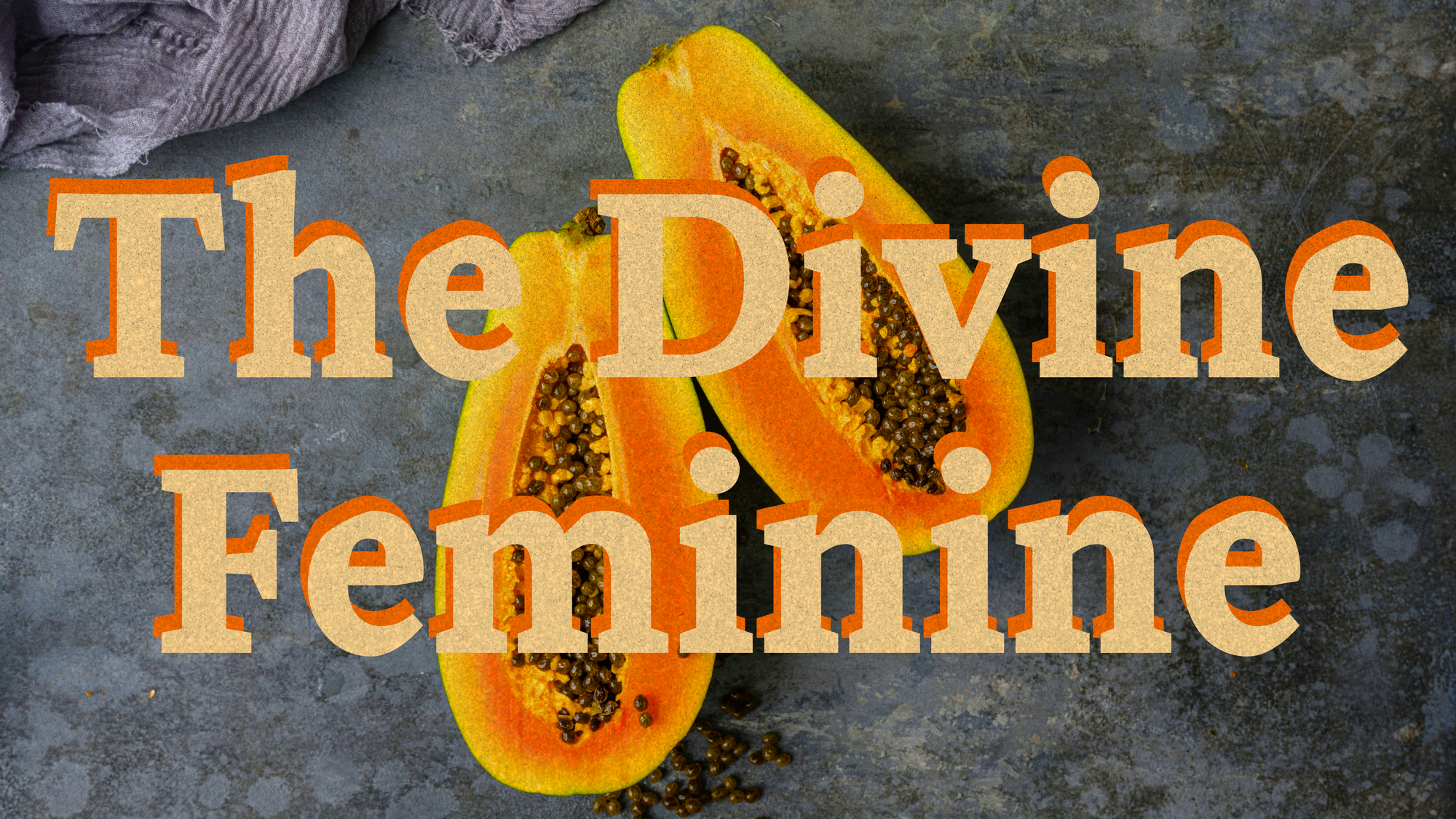The Prayer to Stay Soft

"Thanks for everything, but we're not going to see each other again."
As a pastor, it's not uncommon that I have one of those conversations. You know the ones. An individual or family leaving the church, citing theological differences with the leadership. Never mind that we'd "done life together" for years—small groups, hospital visits, celebrating their kid's graduation. Never mind that I'd shown up when their marriage was struggling, when their faith felt fragile, when they needed someone to remind them that doubt and devotion can coexist.
It's a particular cruelty of ministry—you build these incredibly intimate relationships, you practice vulnerability as a spiritual discipline, you create the kind of authentic community that everyone says they want.
And then people leave over politics, theology, or conflicts with someone else entirely.
And you're supposed to just... take it. Smile graciously. Wish them well. Pretend your heart isn't doing that familiar clench it learned the first time someone walked away.
Some seminary professors (I've noticed this more in mainline contexts, your mileage may vary) explicitly teach this detachment as a survival mechanism. "Don't build close relationships with congregants," they warn. "Keep appropriate boundaries. Maintain professional distance."
Others take the opposite approach, teaching a kind of spiritualized callousness: if people leave, it's their fault for missing out on God's perfect will enacted through your ministry. "Get on the bus or get rolled over the bus" as Mark Driscoll used to say. Either way, you're supposed to protect yourself from the relational cost.
But I refuse to turn ministry into a service industry where people make appointments with me like I'm their spiritual physician, where we have no relationship outside of scheduled pastoral care. That's not church, it's religious customer service.
My wife Emily and I made a choice early on, ever since we started full-time professional ministry together. (Yes, I've always been the one officially employed by the church, but it's fairly impossible for a pastor's spouse not to get pulled into the job whether they want to or not.) We decided to make discipleship and community-based spiritual formation a huge part of our lives. We want the small groups we lead to be microcosms of the kind of church we actually want to be part of—places with authenticity, vulnerability, and the courage to be brave together.
But that means building really intense relationships. And inevitably, those relationships come to a close.
I often think about a small group we led for a few years. A group of us doing the messy work of spiritual formation together—the kind of raw honesty that makes you think maybe this is what Acts 2 actually looked like. By the end? One person left the faith entirely. A marriage imploded. Someone moved away. Another had a literal break up conversation: thanks for everything, but we're done here.
And I'm left wondering: how do we keep opening ourselves up to this? How do I resist the gravitational pull toward self-protection when every relationship in ministry seems to come with an invisible countdown timer?
The Necessary Withdrawals
I'm sitting in my living room this morning, reading about Jesus retreating after John the Baptist's execution—his cousin, beheaded by the state for speaking truth to power—and there's something so achingly human about Christ needing a moment to breathe. To withdraw. To feel the weight of loss before stepping back into the arena of ministry.
The text says Jesus wanted to go to "a quiet place" with his disciples. Not to pray for strength or strategize next moves, but simply to exist in the aftermath of violence, to let grief settle into his bones the way it does for all of us when someone we love gets swallowed by systems that devour prophets.
I also read about Paul and Barnabas splitting up over John Mark—Barnabas wanting to give the kid another chance, Paul refusing to work with someone who'd abandoned them before. The text calls it a "sharp disagreement," which is biblical code for "they had a massive fight and couldn't be in the same room anymore."

Even the apostles had their necessary endings.
There are times when I feel exactly like Paul—burnt out, untrusting, unwilling to extend grace to people who've hurt me or the communities I'm trying to build. Times when I need to withdraw not just for a quiet moment like Jesus, but for weeks or months, letting my heart remember its own rhythm before I risk it again.
A tricky thing for pastors to navigate is that when congregants close relationships with us, they're exercising their spiritual autonomy. As they should. And when I try to create boundaries with someone, it gets labeled as pastoral neglect or abuse of power. The asymmetry can be tiring—they can walk away cleanly, but I have to keep my heart open and available, ready to be trusted again by the next person who might also decide I'm not worth keeping around.
The Prayer That Keeps Me Human
But what I keep coming back to is that Jesus didn't stay withdrawn. After processing his grief, after giving himself permission to feel the weight of John's death, he stepped back into public ministry. He kept teaching, healing, challenging systems, building relationships with people who would eventually betray, deny, and abandon him. He went to the cross knowing exactly how the story would end.
Paul eventually reconciled with John Mark. The young man who'd once been unreliable became valuable for ministry again. Sometimes people grow. Sometimes second chances yield different fruit.
So I've started praying what might be the most important prayer of my pastoral life: help me stay soft.
Help me keep building real relationships
knowing some will end badly.
Help me stay sensitive,
tender-hearted, undefended—
even when everything in me wants to build higher walls.
Help me trust myself when I need to retreat,
and trust love when it's time to try again.
Because the alternative—a church where pastors are emotional vending machines dispensing spiritual products without real connection—isn't church at all. It's just religion without risk. And honestly, the world has enough of that already. We need something more dangerous. More vulnerable. More willing to risk the kind of love that leaves marks.





Discussion